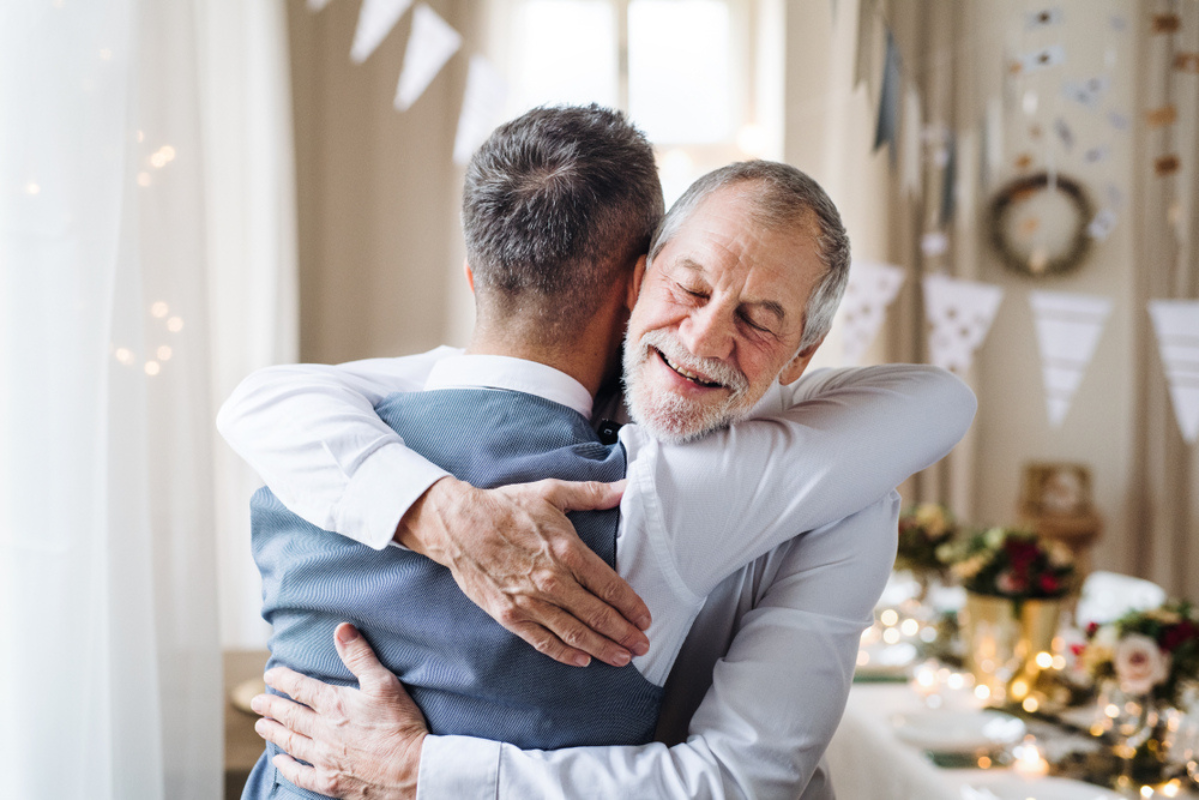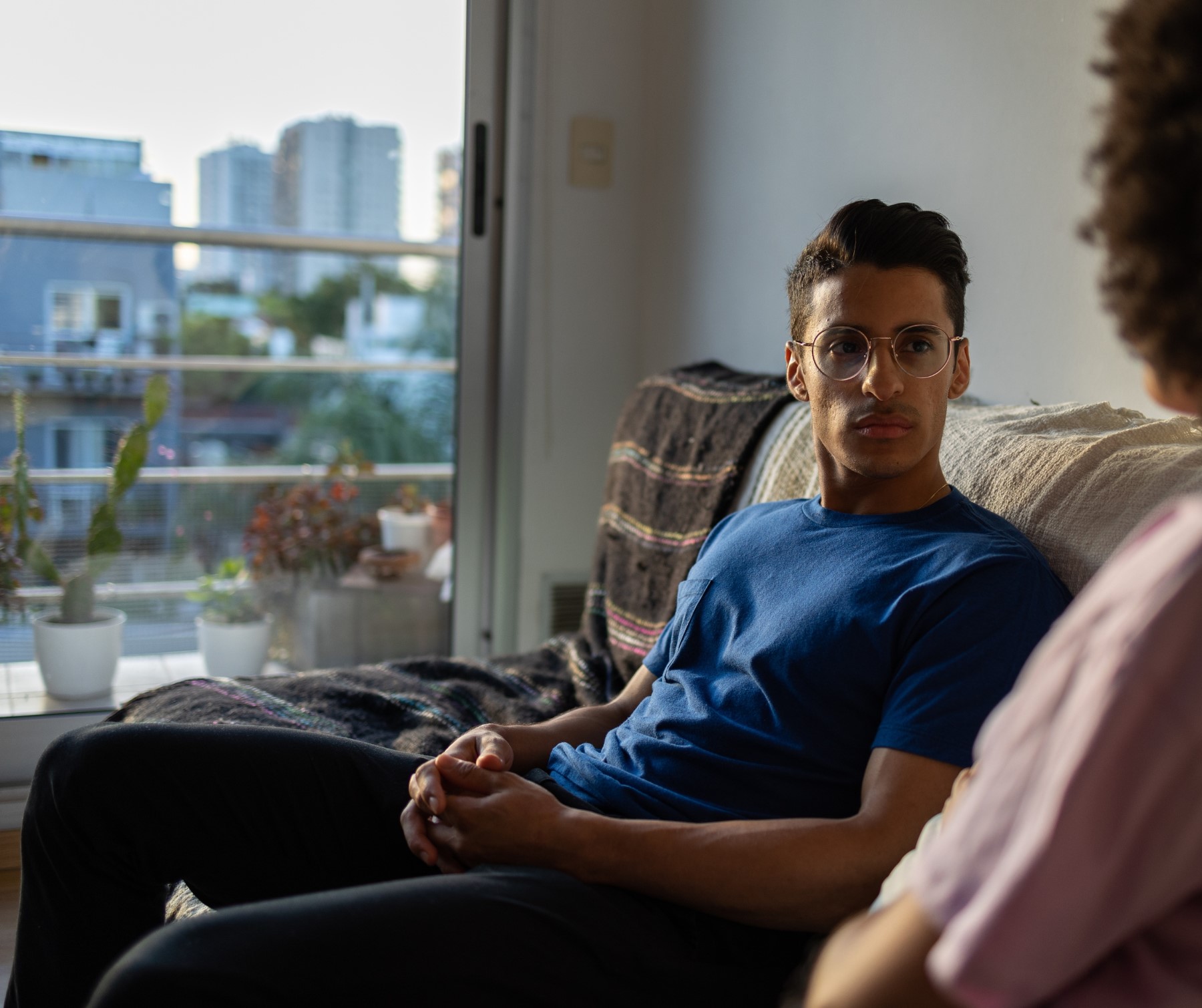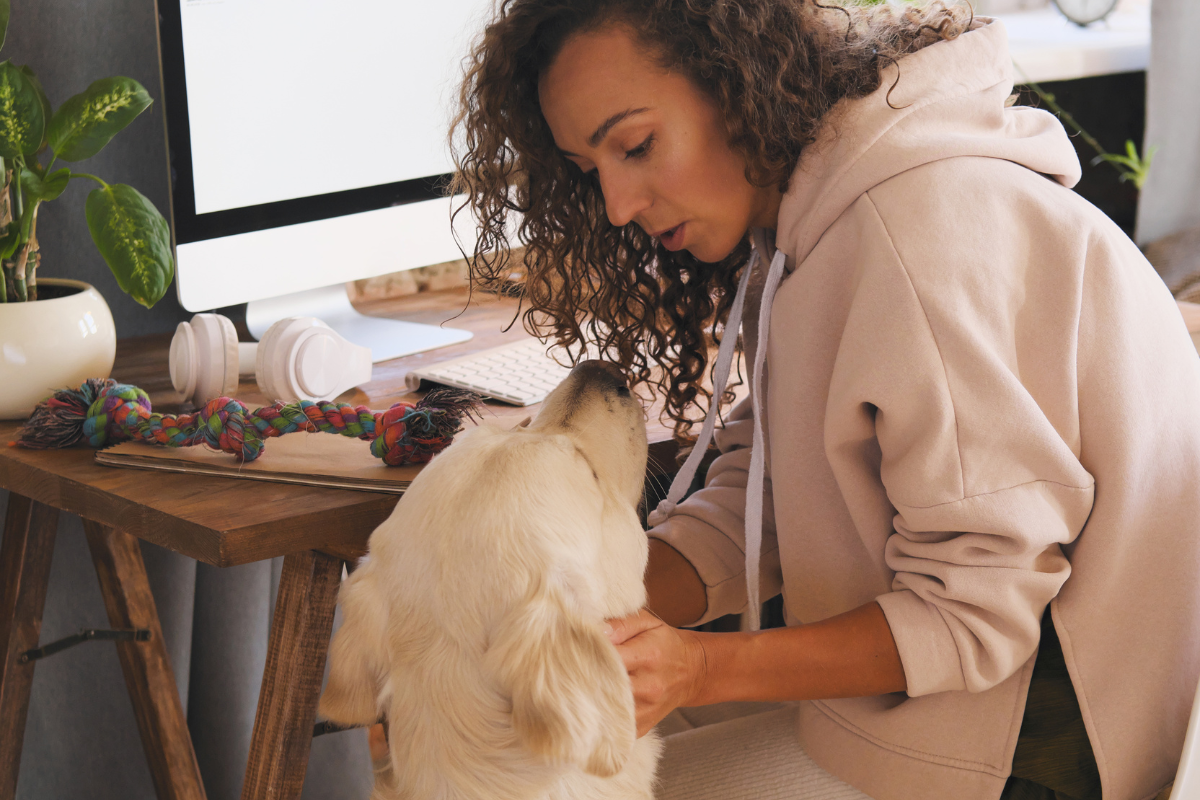Often in relationships, we can shy away from asking someone to do us a favour, even when we really need the help.
This may be because we don’t want to be a burden or come off as annoying. We might be worried about being rejected, or even just feel uncomfortable asking someone for help.
But what if reaching out for help made your relationship stronger? Would you be more comfortable asking someone for a favour if you knew it would bring you closer?
That’s exactly what the Ben Franklin effect says will happen.
How does the ‘Ben Franklin effect’ work?
The Ben Franklin effect is when someone forms positive feelings towards you because you asked them for a favour. This is because our brains tell us that we help people because we like them.
The Ben Franklin effect can’t make someone go from disliking you to liking you, but it can help strengthen bonds, build trust, and create relationships where everyone is comfortable asking for and receiving help.
Your motivations and your actions are the biggest players in how someone feels about you. But there are times that you can keep the Ben Franklin effect in mind, and allow it to help you authentically strengthen relationships.
Examples of When to Use It
The best way to use this to genuinely strengthen a relationship is to ensure:
- The favour you’re asking for is small or unintrusive
- You genuinely would benefit from the favour (showing you’re authentic in your actions)
- You can show genuine appreciation for their kindness, and possibly even reciprocate it.
Knowing how to do this the right way is tricky, so here are some opportunities:
- Ask to borrow a book to read.
- Ask for help with a small DIY project.
- Ask for the recipe of something they’ve cooked for you.
- Ask for some recommendations, whether that’s food, a movie, or a new activity to try out.
- Ask them to come with you to a social event.
- Ask them to join you in learning something new, like a cooking class or a new fitness activity.
These favours create opportunities for meaningful acts, whether that is making someone feel like you value their opinions, collaborating on a task together, or presenting an opportunity to bond.
The Ben Franklin effect isn’t about benefiting yourself – it’s about bringing you and someone you care about closer together.
How many favours are too many?
Knowing that asking for a favour can help a relationship (rather than strain it) is great, especially when you may have previously shied away from asking for help.
But it’s important to remember that this isn’t a tool that works to manipulate people, and it won’t stack over time.
Intention is everything, and if you aren’t sincere in your actions, there won’t be any benefit.
Asking someone to repeatedly pick something up that you keep dropping, just for the sake of asking for a favour, will naturally cause more strain than gain.
So, the question shouldn’t be about how many favours are too many, because you might also have a valid reason to ask for help. Instead, you should just try and stay honest, authentic and appreciative of the other person. That’s the sweet spot.
How else can I strengthen my relationships?
The Ben Franklin effect is just one of many, many tools you can use when wanting to nurture any of your relationships.
Knowing your attachment style is another way you can foster more secure bonds and help you understand yourself in relationships. We explore attachment styles in relationships here.
If you’re looking to heal, build, and strengthen your relationships, our counsellors can assist you in a safe and supportive environment.
You can call 1300 364 277 to make an appointment or learn more about our counselling services here.
Friendships are a key ingredient to our happiness and wellbeing, so maintaining them while in a relationship is important. Learn more about the Importance of Friends here.









